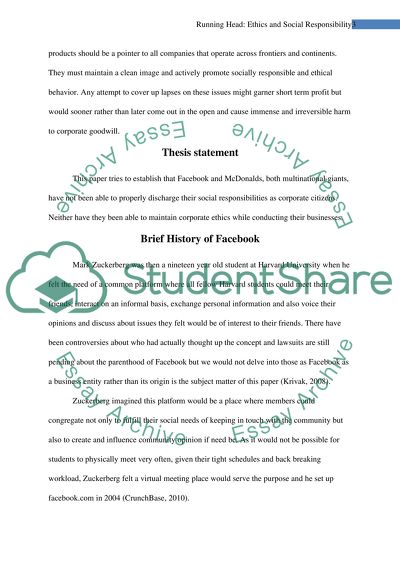Cite this document
(“Ethics and Social Responsibility: Facebook and McDonalds Research Paper”, n.d.)
Retrieved from https://studentshare.org/family-consumer-science/1408417-ethics-and-social-responsibility-facebook-and
Retrieved from https://studentshare.org/family-consumer-science/1408417-ethics-and-social-responsibility-facebook-and
(Ethics and Social Responsibility: Facebook and McDonalds Research Paper)
https://studentshare.org/family-consumer-science/1408417-ethics-and-social-responsibility-facebook-and.
https://studentshare.org/family-consumer-science/1408417-ethics-and-social-responsibility-facebook-and.
“Ethics and Social Responsibility: Facebook and McDonalds Research Paper”, n.d. https://studentshare.org/family-consumer-science/1408417-ethics-and-social-responsibility-facebook-and.


